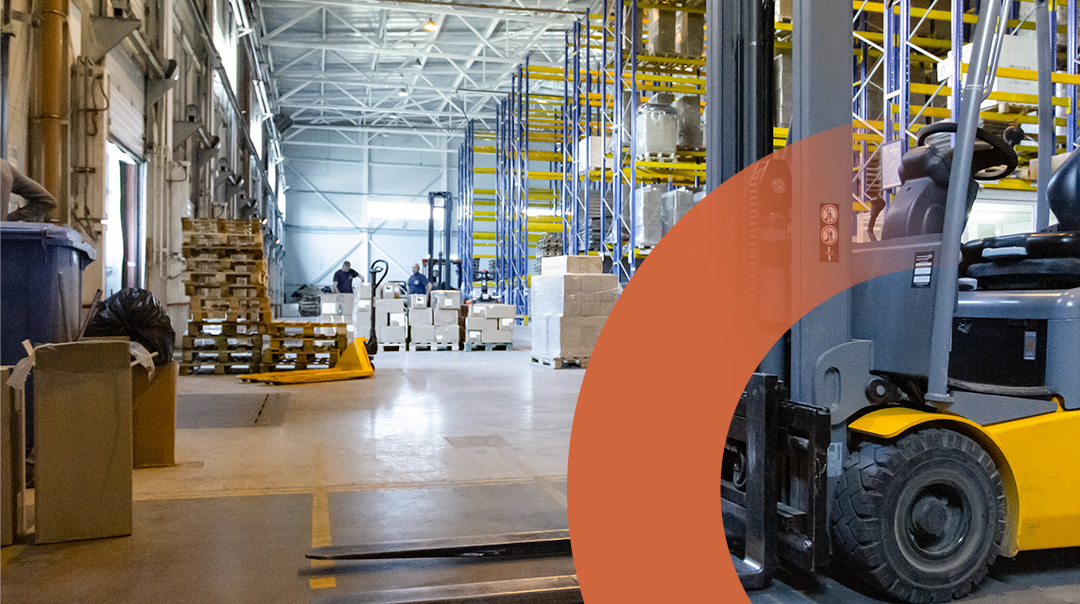Foodora was a food delivery service for restaurants in Sydney, Melbourne and Brisbane. Its operations in Australia had not been able to generate sufficient returns. The parent company, Delivery Hero, had undergone a global restructure and as part of the restructure it had determined that it would exit the Australian business and wind down its operations via a solvent liquidation.
Background
When the decision was made to wind down the operations in Australia, Foodora was being pursued in two sets of proceedings involving the Fair Work Ombudsman and the Transport Workers Union (TWU) alleging that the riders were not subcontractors but rather were employees. One of the claims was an unfair dismissal claim by a rider claiming that he was an employee was therefore entitled to paid out his entitlements and redundancy. If successful, the implications would have been enormous as all past, present and future riders would access to these rights and entitlements.
In addition, the company was also being investigated by several government departments such as the Australian Taxation Office and various state revenue offices where they were alleging that the riders were in fact employees thus creating unpaid liabilities such as PAYG, superannuation and payroll tax.
The initial plan to wind down the operations through a solvent liquidation was not possible because of these possible contingent liabilities.
Accordingly, the initial plan to wind down the operations through a solvent liquidation was not possible because of these possible contingent liabilities. Instead, Foodora appointed me as Administrator to take control of the business and investigate these claims. The parent company strongly denied allegations that the riders should be classified as employees, however, they were prepared to put forward an offer to creditors in the form of a Deed of Company Arrangement.
How did we assist
During the voluntary administration process, the following was undertaken:
- Undertook an investigation into the status of the riders. Sort legal advice and took the view that the riders would likely be classified as employees.
- Continued to represent the company during the proceedings relating to the claims being pursued against it.
- Worked with the TWU and various government departments to assist them in their investigations into the allegations the riders were employees;
- Calculated the potential liability to the company if these riders were classified as employees;
- Communicated with and reviewed the Deed of Company Arrangement put forward by the parent company, Delivery Hero;
- During the Deed of Company Arrangement period, a platform was built that calculated the estimated amounts owing to employees and also allowed the riders to lodge their claim automatically. This was necessary because the majority of riders were not Australian citizens and had returned back to their native country.
- The platform’s communication was written in over 40 different languages to allow riders from different nationalities to be able to read the communications in their native language.
Outcome
The Deed of Company Arrangement was approved, which offered to compromise any claims all riders may have against the company. We custom-built a platform to assist riders in lodging a claim, which resulted in over 1,500 additional distributions. The business then wound down in Australia and avoided liquidation.







